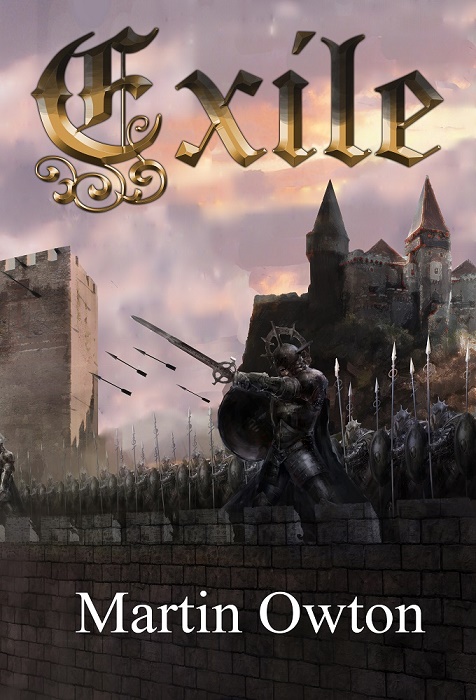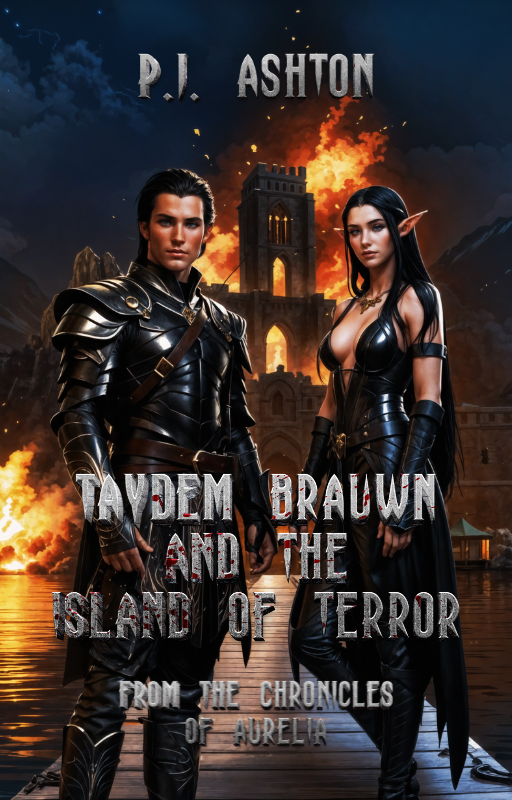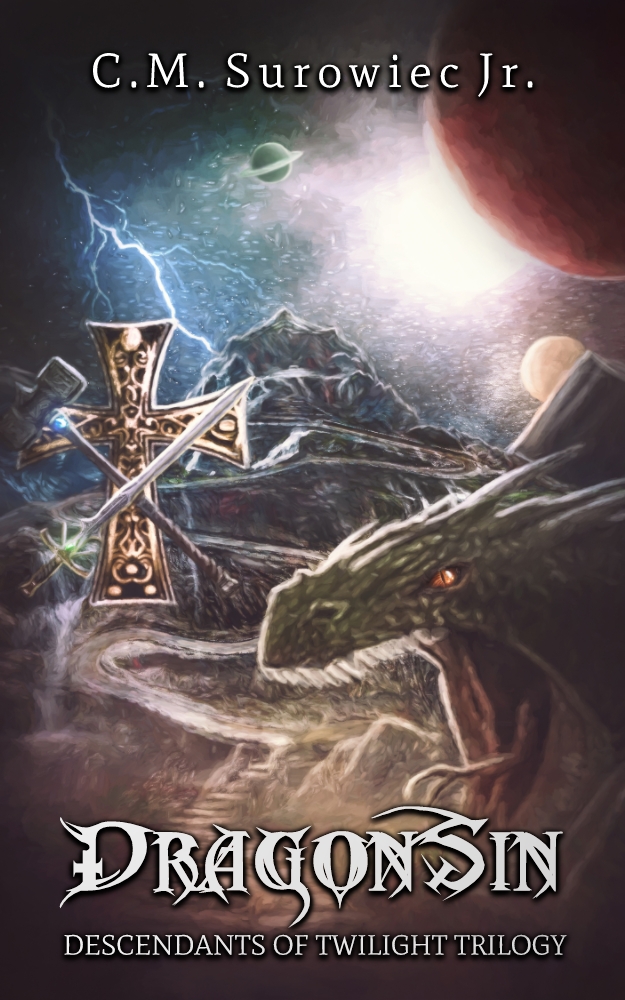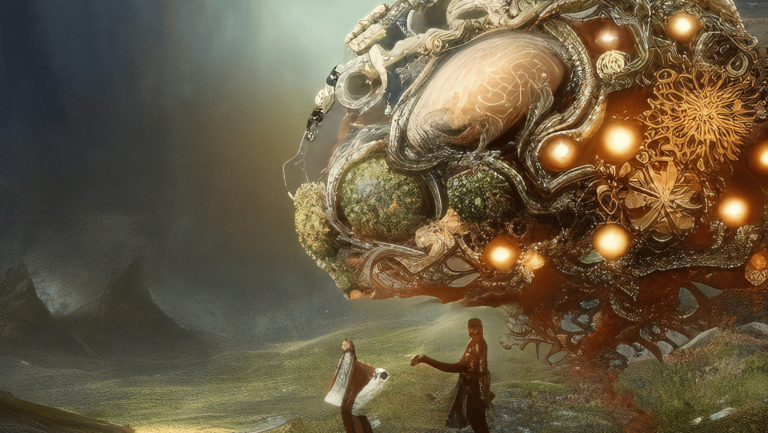In the expansive world of literature, characters are the driving force behind narratives, captivating readers and propelling the story. Among the many aspects that shape a memorable character, their traits are essential. These attributes, ranging from courage to treachery, form the core of characters’ actions and decisions. Here we explore the significance of character traits in literature, how they are crafted, and their influence on storytelling.
Why Character Traits Matter
Character traits define a character’s personality, motivations, and interactions. They add depth and realism, helping readers connect and understand characters more profoundly. Traits can be internal, like wisdom or compassion, or external, like a distinctive laugh or an unusual talent. They are vital because they:
- Build Relatability: Traits make characters relatable. A flawed protagonist, like one who is insecure or stubborn, feels more authentic and engaging than a perfect one.
- Advance the Plot: Characters’ traits influence their decisions, moving the plot forward. A courageous character might take on a risky adventure, while a timid one might shy away from danger, leading to different story paths.
- Create Conflict: Differing traits among characters can spark conflicts, both internal and external, essential for creating drama and tension in the story.
- Promote Growth: Through their traits, characters can undergo significant growth. A selfish character might learn to be generous, or a fearful one might discover bravery, providing a satisfying narrative arc.
Crafting Character Traits
Creating believable and engaging character traits involves a mix of showing and telling. Here are some techniques authors use:
- Actions and Decisions: Characters reveal their traits through their actions and choices. For example, a character who consistently defends others demonstrates bravery.
- Dialogue: How characters speak, their word choices, and their interactions can reveal traits. A character who speaks bluntly might be perceived as honest or rude, depending on the context.
- Inner Thoughts: Insight into a character’s thoughts can uncover hidden traits and motivations not immediately apparent through actions or dialogue.
- Reactions and Emotions: How a character responds to events—whether with anger, fear, joy, or indifference—can highlight their core traits.
- Relationships: Interactions with other characters, including conflicts and alliances, can underscore certain traits. A nurturing character might be shown caring for a vulnerable one, highlighting their compassion.
The Impact of Character Traits on Storytelling
Character traits are integral to storytelling. Here’s how they affect various aspects of a narrative:
- Theme Development: Traits often align with the story’s themes. In George Orwell’s 1984, traits of paranoia and defiance among characters emphasize themes of surveillance and rebellion.
- Plot Progression: Traits propel the story forward. In Harper Lee’s To Kill a Mockingbird, Atticus Finch’s integrity and moral courage are central to the plot, shaping the narrative around themes of justice and racial inequality.
- Emotional Engagement: Traits create emotional bonds between characters and readers. The courage of Harry Potter and the intelligence of Hermione Granger in J.K. Rowling’s series make readers root for them.
- Symbolism: Traits can also be symbolic. Jay Gatsby’s idealism and pursuit of the American Dream in F. Scott Fitzgerald’s The Great Gatsby symbolize broader themes of aspiration and disillusionment.
Conclusion
Character traits are the essence of compelling literature. They bring text to life, transforming words on a page into vivid, dynamic personalities that linger in readers’ minds long after the story ends. By understanding and appreciating the role of character traits, readers can gain deeper insights into the narratives they explore, and writers can create richer, more engaging stories. Whether you’re a reader savoring every page or a writer crafting your next tale, recognizing the power of character traits will enhance your appreciation and mastery of literature.











